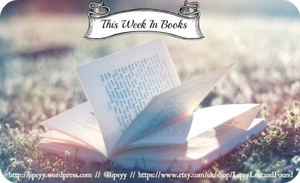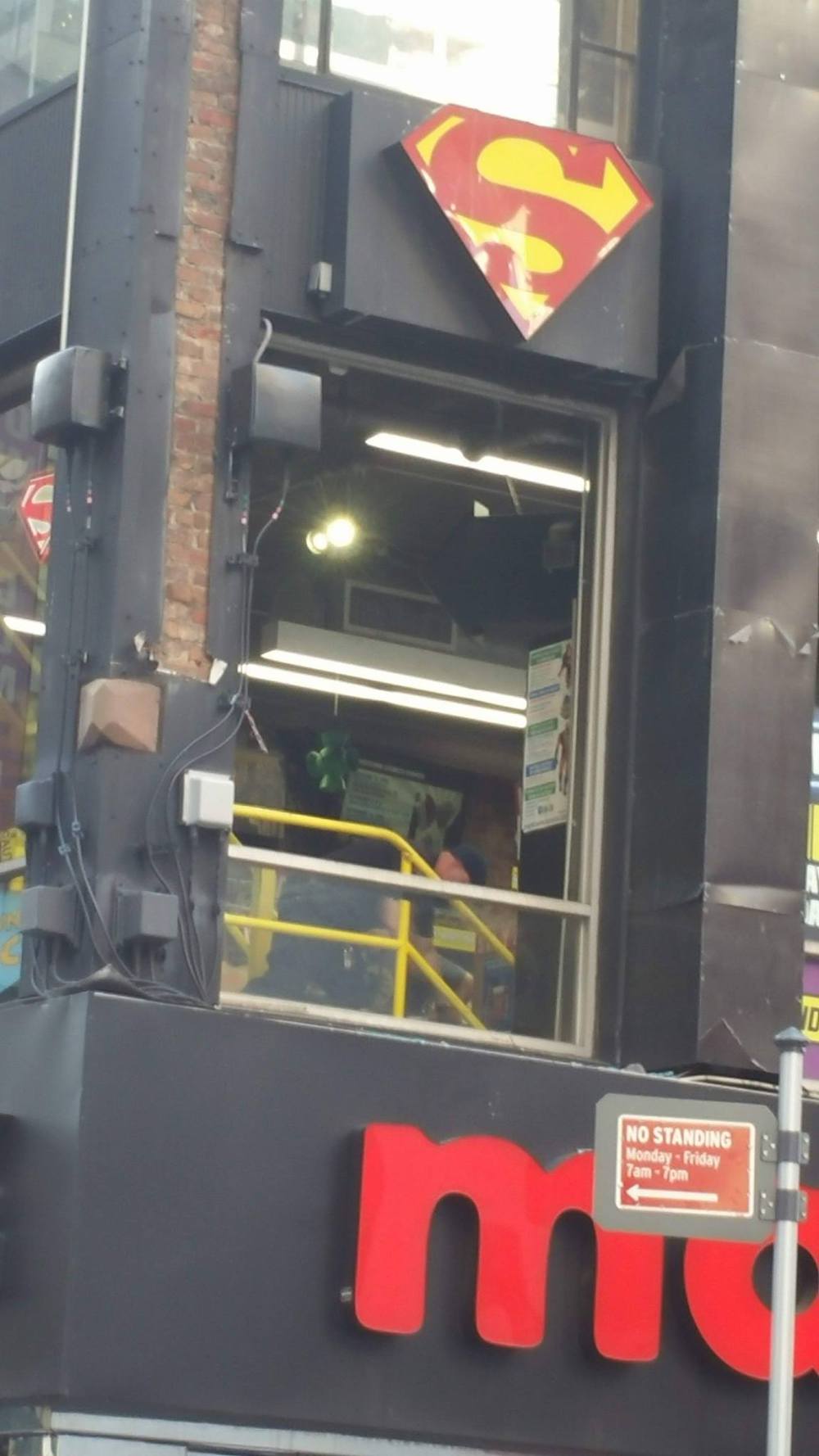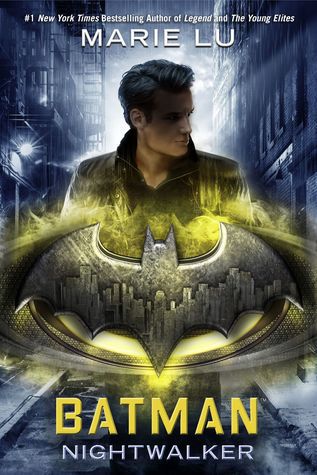Missy Welsh is stopping by PQ today to talk about her writing process, reviews (close to all our hearts) and the importance of a mailing list…it’s almost as if she read my mind!
About Missy:Missy Welsh stares into space a lot, has conversations with cats, takes notes while people-watching, records conversations (not the ones with cats), named her laptop Norbert and her phone Pushkin, has backups of her backups’ backups, faints at the sight of a misused semi-colon, and will often ask socially unacceptable questions of strangers.
Basically, she’s a writer.
Missy’s newest series is Destination Lost. Book two in the series, Forever Home was released on 9/18/17. Click on over to check it out!


FOREVER HOME:
A routine mission from the Mars Colony to Earth ends in the five-man crew of the Swallowtail having been transported to the other side of the galaxy. Met with hostility, captured, and tortured simply for being Human, the three survivors hold little hope for their futures.
Sergeant Ledger Atwater is a simple man: all he wants are food, shelter, and to be able to call his own shots. If that means letting someone implant stolen memories into his brain and infiltrating a palace, he’ll do it. Once he has enough money to get to a place that might give a damn about his refugee status, he’s gone anyway.
But what Ledger finds inside the palace is a fresh start, a chance to be a whole person again. He has a job, friends, and after an unexpected encounter with a king, he might have a lover, too. Is keeping his true identity a secret really so bad?
Pharaoh Setka Nebamun kier Bane has lost so many people in his life, he’s determined to keep those he has close. Unexpectedly, that list now includes a new scribe whose compassion and gentle caring Setka needs. He finds himself relying on Ledger to help him through some of the most trying times of his life—and Ledger seems willing to be there for him.
But secrets never stay hidden for long. When the bill for Ledger’s new life comes due, lives are at risk, and it’s possible everyone will have to pay.
AUTHOR’S NOTE: This is the second book in a series with appearances by previous characters and should be read in order.
Healing TouchOn sale everywhere for 99c until 18 October 2017!
All buy links: https://books.pronoun.com/healing-touch/
Forever HomeAll buy links: https://books.pronoun.com/forever-home/
Preview book of the first 6 chapters: http://www.missywelsh.com/forever-home-dl-2.html
Missy answers a few questions:What is the most unethical practice in the publishing industry?
Paying for reviews. I don’t even like that I’d have to fork over $75 for Publisher’s Weekly to consider reviewing one of my books. I’m happy to send a legitimate reviewer a free copy of my book, but I’m not willing to pay for it because I’m not their employer. Even if reviewing is how they earn their living, the author paying them destroys the credibility of the review. Did I get a great review because I paid enough? Did I get a bad review because I didn’t? Maybe it’s possible for someone else to pay the reviewer to give an author a bad review. It’s a terrible practice.
What was the best money you ever spent as a writer?
Scrivener! I wrote my first book, MY SUMMER OF WES, using a program similar to Scrivener, but they discontinued it. I loved the ability to organize my story like it was on huge notecards since I write in scenes that may move around, merge, or disappear as I work through writing the book. Scrivener lets me keep everything related to the book—or series—in one file, including reference documents, images, keywords, and all kinds of notes. It’s the best investment I’ve made in my writing career.
How many unpublished and half-finished books do you have?
Not so much full manuscripts, but I’m overflowing with ideas, scenes, plots, conversations, etc. I write down everything in as much detail as I have in that moment. Sometimes I’ll return time and again to add to it, and sometimes I’ll snatch it up and use it in whatever project I’m working on. I’d say I probably have over 200 files like this.
What’s the best way to market your books?
My mailing list is first, and then it’s the mailing lists of advertising services who alert readers to discounted or new books—but only those who have a category for readers to choose notifications for LGBT specifically. Social media is OK and occasionally a paid ad will be worth the cost, but getting the information directly to the readers who want to know is the best.
What’s the most difficult thing about writing characters from the opposite gender?
I think the most difficult thing about writing characters who aren’t a cookie-cutter version of me isn’t so much something I should or shouldn’t do in creating them so much as it is about ignoring reader perception to craft my characters my way. I’ve seen so many people say men shouldn’t cry, cuddle, worry, gossip, and a whole slew of other things. Why? Because they perceive that as weak—and don’t get me started on how weakness shouldn’t equal womanly. My reaction will always be this man does do that thing and he’s justified in doing it. Because some men do just about every emotion, mannerism, etc. that you can name. Granted, the way they do it might not be exactly the same way women do, but I will not accept that all men shouldn’t do some thing or other that you’ve decided you don’t like men doing. Go read something else.
What did you edit out of this book?
An entire relationship. See, the first book had a human man falling in love with a male alien who basically evolved from a dolphin. Physically, he had some similarities but mostly a whole lot of differences from a human man. I didn’t have any problems writing about this dolphin-man having sex. But then the sequel had me staring at a horse… I couldn’t do it. I wrote out this whole scene between him and his human lover, but wow, did it make me uncomfortable. I set the story aside to think about how to handle it. When I came back to it, I looked at changing out the love interest entirely. It was a lot of work, but I think it not only helped me avoid some bestiality creepiness, but improved the story overall too. You’ll have to let me know if you think I made the right choice.
What are the ethics of writing about historical figures?
Personally, I don’t appreciate fiction featuring historical figures who are not accurate to the reality of their existence. For example, I was once asked to judge a book that revolved around the premise that Christa McAuliffe did not die aboard the space shuttle Challenger in 1986 but was actually magically transported elsewhere and be the love interest in a lesbian romance. Nope! If you want to feature her in your fiction, work your character into her reality. As a kid, the Challenger explosion was my 9/11. It was a national tragedy that hurt a lot of people for a long time; I still watch liftoffs of manned missions with my heart in my throat. So I found the premise revolting, especially since any fictional astronaut would’ve worked in that role. (I recused myself from judging the book.)
How do you select the names of your characters?
Sometimes, they come to me already named, which is ideal. Every now and then—like with one of the heroes in a book I’m working on now—someone will go through several names before one clicks with me. I’ve written entire books where I’ve called someone by a single letter or trait because the name’s just not coming to me, and then done a search and replace to finally name him before I send the manuscript to my editor. In those instances, I’ll look to name meanings first. Who is this person? What do they represent? What represents them? What is the opposite of them or what are they fighting against? Baby name books are great, but I end up using searches for the meanings of names—first and last—more often since it’s sort of a reverse search to what the books offer.
Do you read your book reviews? How do you deal with bad or good ones?
I’ll read the 4 and 5 star reviews on Amazon, but that’s it. There are a few reasons for this. First, once a book is available for public consumption, there’s not much I can do to change it. Most distributors, like Amazon, will only push a new version of a book to those who bought it only if the changes are significant—and they get to decide what is and isn’t significant. Second, I don’t publish a book that I’m not satisfied with, that I don’t believe is the best book I can write at this point in my career. I’m happy with what I’ve done and I’ve already moved on to what’s next. And lastly, most reviews are personal opinions, and I already know I won’t please everyone every time. Reviews are just too far down the publishing process to make a difference in that book and they aren’t how I’ll learn to do something new or different for the next book.
What is the most difficult part of your artistic process?
Believing that I’m a good writer. I know that doubt happens to all of us, but it’s always such a struggle to get through it each time it hits. That’s part of why I’ll read the 4 and 5 star reviews—because I need that validation that I don’t suck. It’s part of what my beta readers and editor do for me too. A lot of the writing process is very isolated, just me typing away with no one else responding. I’ll wonder if that thing I just wrote will make anyone other than me laugh, cry, gasp, fume or react in the way I meant for them to react. When the writing is frustrating or when I’m editing, I’ll sometimes question whether I’ll ever get it “right.” I know I’m always going to be learning some new thing because writing is forever evolving, so eventually I’m able to either let it go because I’ve done the best I can or I’ll make it better. But that little black hole of doubt is always lurking.
Thank you, Missy, for joining PQR today! I always want to know more, the writing process is fascinating to me becuase it is different for everyone. Thank you for sahring yours!
PQ
Share this:





